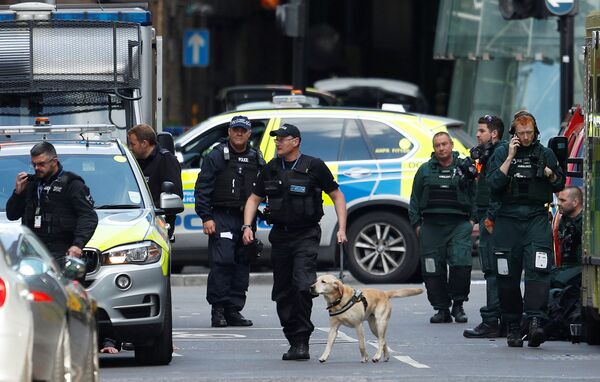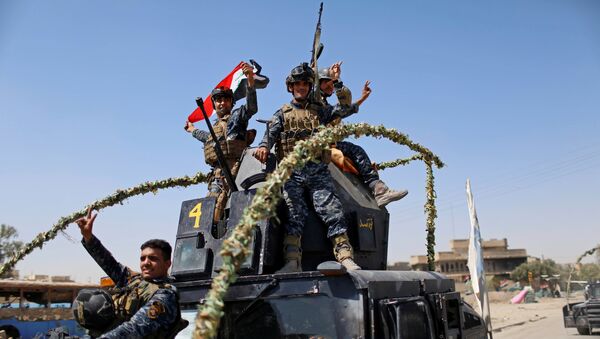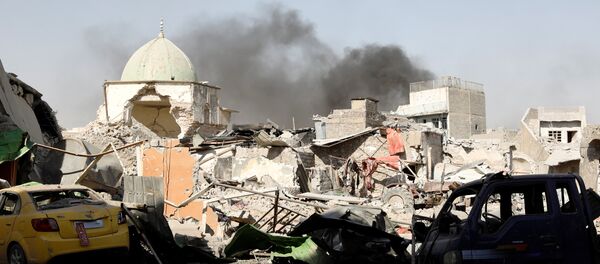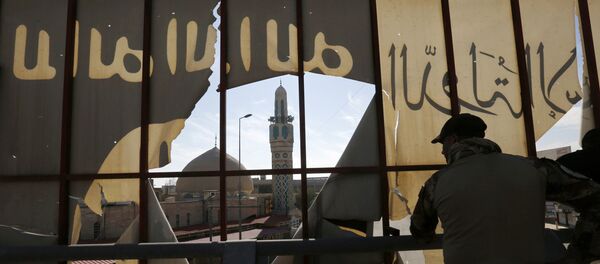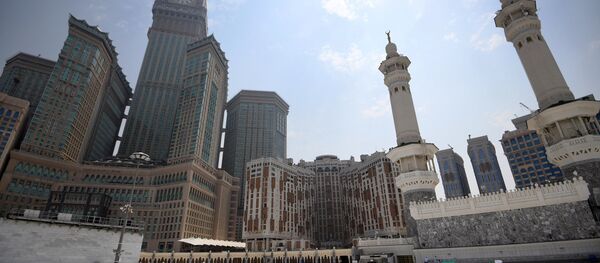Iraqi government troops have captured the Grand al-Nuri Mosque where Daesh proclaimed its self-declared caliphate in 2014. Following the liberation, Iraqi state television broadcast a message announcing the "fall of the mythical state," referring to Daesh.
In any event, fighting for Daesh's main stronghold in Iraq appears to be approaching its end. Speaking to Radio Sputnik, Dr. Ely Karmon, a senior research scholar at the International Institute for Counter-Terrorism in Herzliya, Israel, offered his appraisal on the terrorist group's future, both in the Middle East and worldwide.
Karmon noted that the news of Mosul's imminent liberation has "very important symbolic, psychological and strategic" implications as far as the destruction of the Islamic State caliphate was concerned. "This was perhaps the only big territorial entity under a terrorist leadership, and now their capital, or main city has been liberated," the expert said.
"This does not mean that ISIS, or the jihadi threat has disappeared," the analyst stressed, but the 'state' entity is moving closer and closer to being wiped out, and that is undoubtedly a very important development.
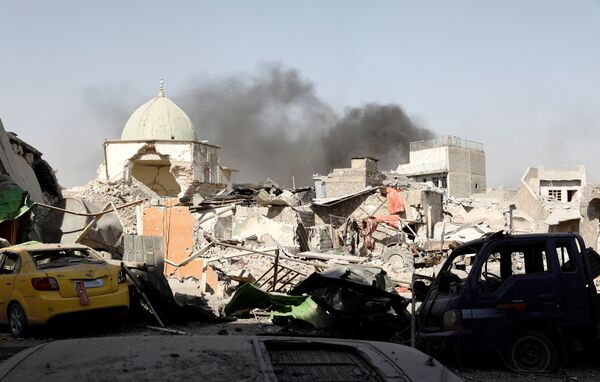
According to the analyst, Daesh had prepared itself for the inevitable defeat in Mosul a long time ago.
This, the analyst noted, may result in a repeat of what happened in 2003 and 2006-2007, when former Ba'athist loyalists who would ultimately end up joining Daesh organized insurgencies. "They have family and territorial connections in the Sunni regions, and will perhaps lead a new insurgency."
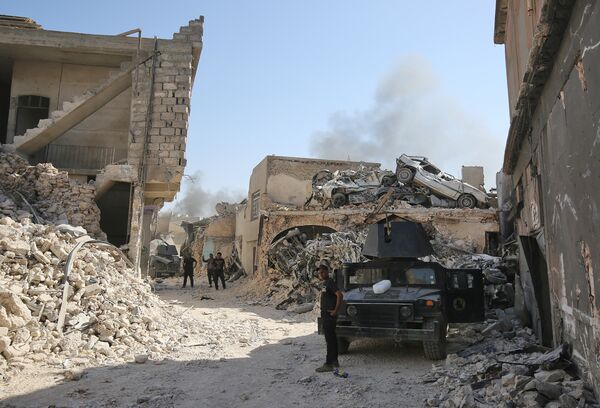
In Syria's case, Karmon stressed that the situation there was "much more complex. Even with the [anticipated] fall of Raqqa, there is a jihadist stronghold in Idlib province in the western part of Syria, and in the south there are moderate and Islamist elements near the Jordanian and Israeli border who are still fighting the regime of Bashar Assad."
The analyst warned that the Al-Nusra Front (the al-Qaeda offshoot in Syria) may very well take advantage of Daesh's imminent collapse, and "could recruit many of the members of ISIS which are fleeing from Mosul, Raqqa and other cities, and become a stronger element in the Syrian arena. My colleagues and I evaluate Nusra as the most important and strongest [terrorist] element in Syria after the disappearance of Daesh as a territory."
Retreating or not, Karmon noted that it was also important to keep in mind that Daesh remains in active competition with Al-Qaeda.
"People forget that Al-Qaeda is alive and kicking; they are not so strong territorially like ISIS, but they have a big presence in Afghanistan and Pakistan, in coalition with the Taliban; they are present in northern Africa, including in Libya; they are present in Somalia via al-Shabab, and in the Arabian Peninsula in Yemen."

In any case, Karmon noted that while "there are networks and allegiances which exist [among the terrorists], as we have seen in the past, they can change quite rapidly. It will be seen how the defeat of Al-Bagdadi will be [seen] by his associates, because ISIS is not only Iraq and Syria; it's also the Sinai province, the Libyan presence, and so on."
Ultimately, the analyst emphasized that "from the point of view of the terrorist threat, it's clear that it will not disappear. We saw what happened in Europe, we saw attacks in Africa by small cells or individuals. The big question is: is there a network which is already on the ground and prepared to act on a larger scale, especially in Europe, in Russia, and in Southeast Asia, in India for instance? We don't know yet, and this will have to be monitored in the future with the disappearance of the main force," in Iraq and in Syria.
